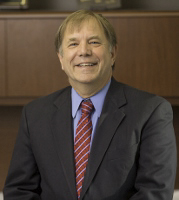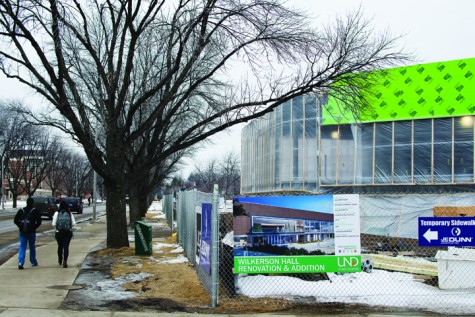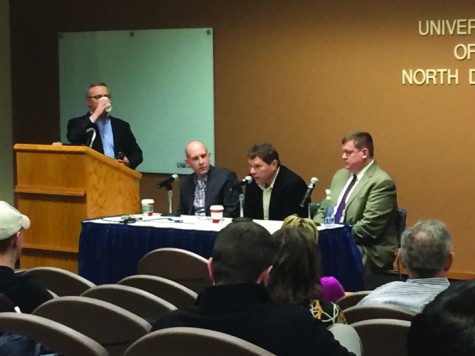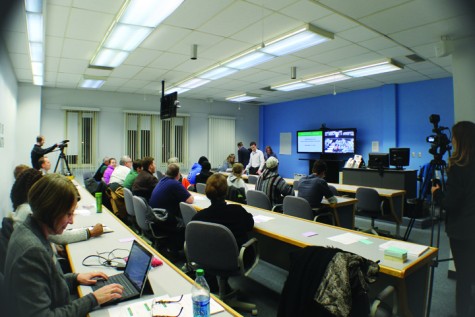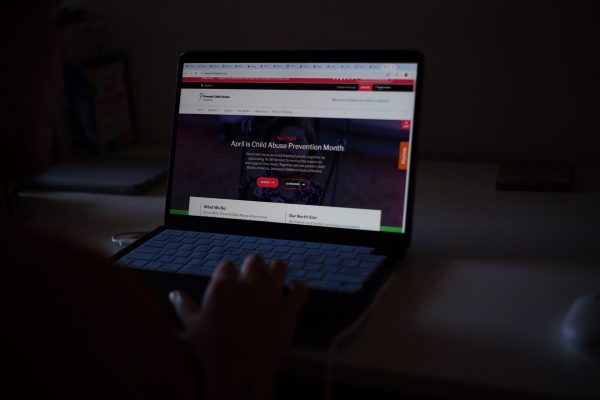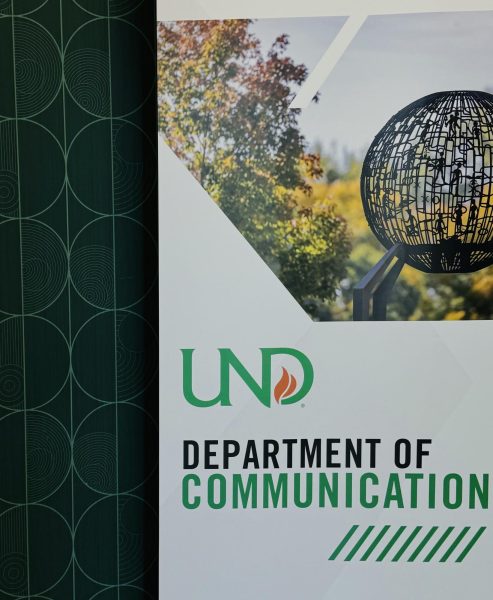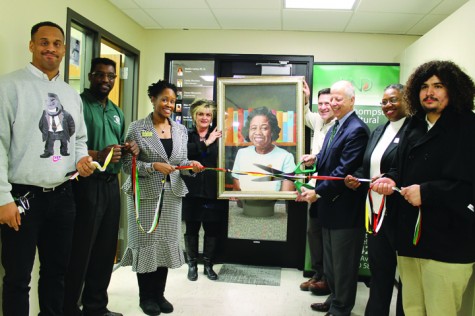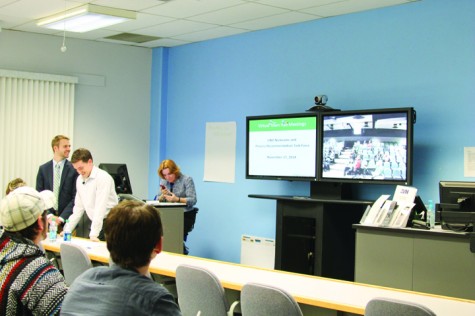Bill seeks to expand rights
Proposed bill would allow students’ attorneys, advocates to participate in school disciplinary hearings
A new bill seeks to grant students the right to have an attorney present and involved during university disciplinary hearings in North Dakota.
Senate Bill 2150 would make North Dakota the second state to allow students and student organizations to hire an attorney or a non-attorney advocate, who could participate in disciplinary hearings.
North Carolina passed a similar bill in 2013.
Currently, UND permits students to have a personal adviser, such as an attorney, at case hearings but the adviser isn’t allowed speaking privileges and may not disrupt the hearing. If the adviser fails to do so, they might be asked to leave.
For a student to be found guilty of violating the “Code of Student Life,” there needs to be a preponderance of the evidence. In other words, the hearing committee, made up of students and faculty, would have to find the student more than 50 per- cent likely to have committed the violation.
The standard in a criminal court case is beyond a reasonable doubt or 97 percent, as stated on the UND website.
Though disciplinary hearings are not criminal trials, what’s said during a hearing can be used against the student in a future court trial.
“We certainly care about due process and student rights,” UND spokesperson Peter Johnson said.
According to Johnson, UND stands behind the North Dakota University System’s opinion of the bill.
At a State Board of Higher Education meeting Thursday, NDUS Chief of Staff and Ethics Officer Murray Sagsveen said NDUS testified in opposition to the bill in its current form but isn’t opposed to additional student rights for more serious offenses.
“We are primarily concerned about having a full-blown judicial hearing for relatively minor offenses,” Sagsveen said.
He said these minor offenses are often alcohol-related. Out of the 3,123 complaints filed against students across all NDUS campuses in2013, 1,899 were alcohol related.
While these may be considered minor, there were still 45 complaints for violence, 41 for property damage and eight for sexual misconduct — a category that in UND’s recent past, demonstrated the flaws of the current system.
Caleb Warner
In January 2010, UND student Caleb Warner was accused of sexually assaulting another student. Before the case went to a criminal court, UND found him guilty of violating the “Code of Student Life” and suspended him from campus for three years.
“It was a hearing that was being conducted by students and faculty who were representatives of the entire university community,” former Vice President for Student Affairs Robert Boyd said. “My sense was that the students and faculty took that responsibility very seriously.”
Following an investigation, police found the accuser’s story to be inconsistent with the testimonies of witnesses and dropped the charges against Warner. Police then charged the accuser with making false reports but she left the state, avoiding an arrest warrant.
When Warner requested a rehearing after police charges were dropped, his request was denied by Boyd on behalf of the university because it wasn’t within the required five days after the sanction was made.
“There’s basically a presumption of guilt unless that person can some- how prove innocent,” said Sherry Warner Seefeld, Caleb Warner’s mother, who recently testified in favor of SB 2150.
Warner Seefeld said that when the university learned Caleb was going to use an attorney as his adviser during the hearing, the university brought out their own attorney, UND General Counsel Julie Evans. Unlike the student’s attorney, the university’s attorney is allowed to participate in the hearing.
Over a year and a half after the hearing, the university dropped the charges, allowing Caleb to return —an option he never took up.
Warner Seefeld sees SB 2150 as some much needed progress.
“I think the bill is a fantastic beginning to restoring justice in these types of situations,” she said.


